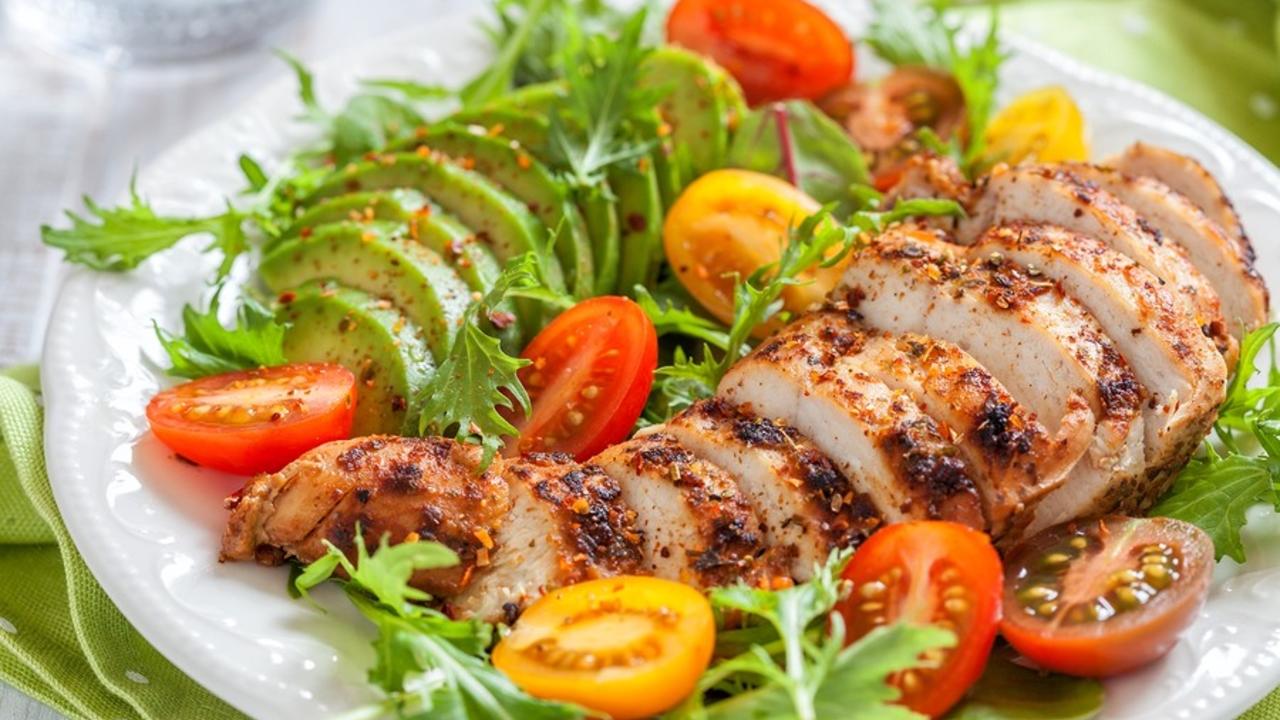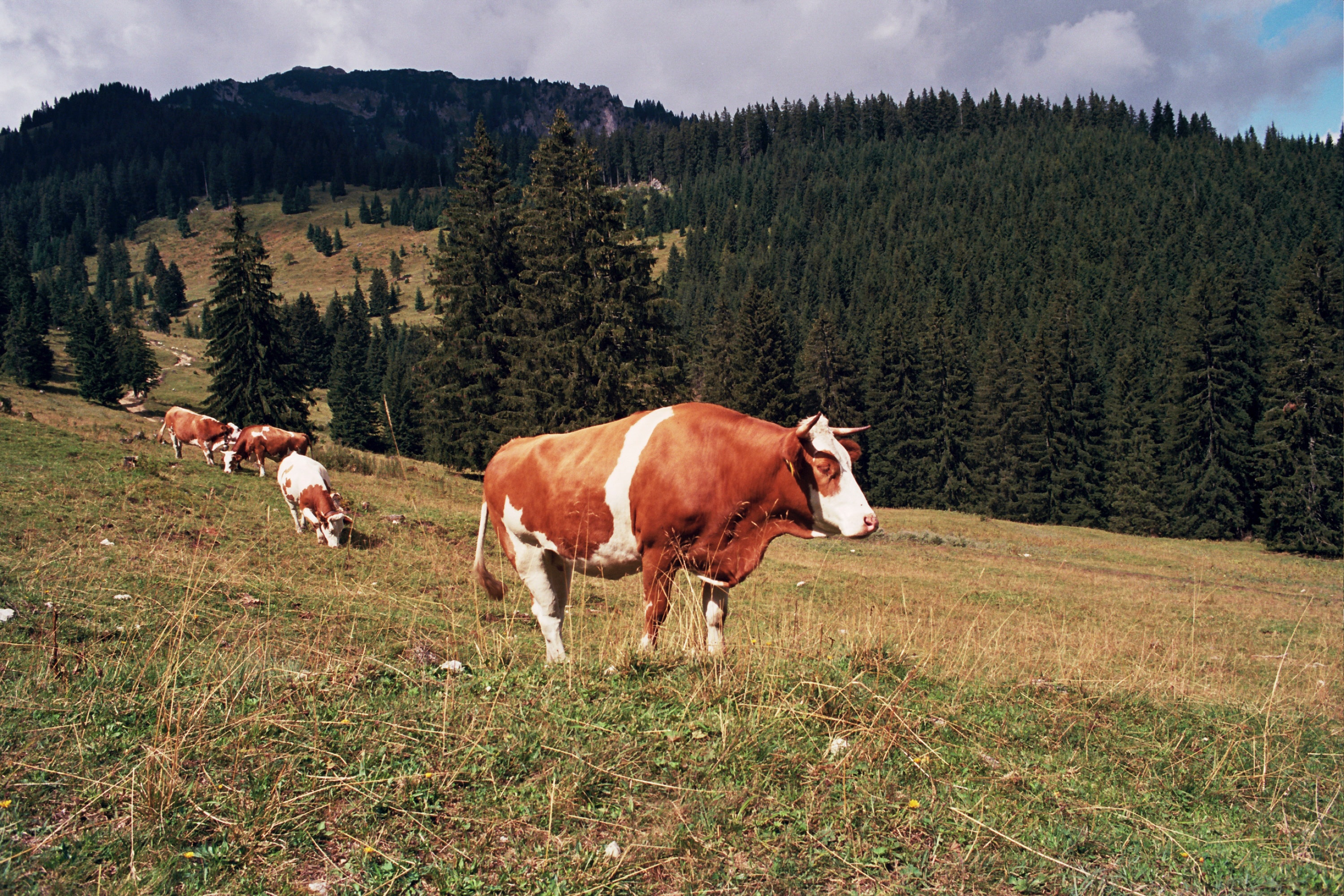Eating Organically: What Foods Should You Prioritize for Organic Eating?

What makes food “organic”?
Hi! It's Karen from Karen Vincent Solutions.
There is a lot of talk about eating organically but what does this really mean? When you think organic, think natural. Organic foods are grown without the use of man-made fertilizers or pesticides and organic meat and poultry comes from animals who have not been fed growth regulators or feed additives.

Unfortunately, we live in an age where growing foods with pesticides is commonplace...and dangerous. Scientists believe that even small doses of these dangerous chemicals can cause damage to our health and overall well being. The ingestion of pesticides can cause headaches, nausea, inflammation, digestive issues, fatigue, skin irritation as well as more serious conditions like cancer, reproductive harm and endocrine disruption to name a few. What is scary is that all the potential damage is likely still not fully known.
Our bodies were not built to consume chemicals and toxins. They were made to eat natural foods from the earth. In terms of eating meat and poultry, our bodies were made to eat animals who feed on natural foods from the earth. Anytime we consume food that is not natural and pure, we put added stress on our bodies to digest and remove the toxins from what we have consumed. If you are trying to lose weight or improve your health, you will want to consider the quality of the food you are consuming.
Why are these harmful things added to our food in the first place?
Farmers use man-made chemicals to grow fruits and vegetables in order to kill unwanted insects and rodents so that they don’t destroy their crops as they are growing or while they are being stored. Chemicals are also used to kill weeds and fungal diseases to name a couple more reasons.
In terms of animals, animals raised on feedlots are fed a very unnatural diet of grain and corn designed to get them larger and fatter quickly. In short, this diet results in lots of digestive issues, gas issues and health problems for the animals. The unhealthy diet combined with crammed conditions results in a lot of disease. This disease is managed by feeding the animals antibiotics to keep them alive in these horrible conditions that are killing them. The same happens with poultry.
It remains shocking that we are poisoning the food that is grown for our own human consumption, but the reality is, that is what is happening. The concerns with both produce and meats that have been treated or fed with these powerful chemicals is that they are then passed on to us when we consume them. Even when well rinsed, traces of these chemicals can remain on our fruits and vegetables.
Although organic food is often more expensive, it does not have to break the bank if you are thoughtful about what you are purchasing. When buying chicken, eggs and meats, I always buy organic. I will no longer consider putting something in my body that has been raised in horrific, disease infested conditions.
We are what we eat and in addition to not wanting to absorb any of the chemicals second hand, I don’t want to consume something that has been through such suffering. For me, consuming only organic meats and poultry is a priority. I look for sales and make smart choices so that I am able to do this consistently.
Given the choice, I will always choose organic produce. I have seen the benefits of this, mostly in terms of inflammation, weight loss and having a clearer mind. I also believe that fresh, real, non-modified foods taste better. With produce, there are some foods that are far more likely to have absorbed chemicals than others.
Typically, fruits and vegetables with thick skins are the safest. In order to minimize your risk of ingesting these powerful and dangerous chemicals, you should be informed about which foods have the highest likelihood of pesticide contamination. If at all possible, purchase the organic version of the items on the high contamination list.

If you are not able to eat organic produce all the time, this "Dirty Dozen" list, based on analysis of the U.S. Department of Agriculture’s Pesticide Data Program report, contains the foods that you should prioritize for organic consumption:
- Strawberries
- Spinach
- Nectarines
- Apples
- Grapes
- Peaches
- Cherries
- Pears
- Tomatoes
- Celery
- Potatoes
- Sweet Bell Peppers
Although eating organically all the time is best for our health, the below "Clean Fifteen" foods, based on the same U.S. Department of Agriculture’s report, have been shown to have the lowest pesticide contamination (because of their thicker exterior):
- Avocados
- Sweet Corn
- Pineapples
- Cabbages
- Onions
- Sweet Peas
- Papayas
- Asparagus
- Mangoes
- Eggplants
- Honeydews
- Kiwis
- Cantaloupes
- Cauliflower
- Broccoli
If you are not accustomed to eating organic food and are worried about the cost, start slowly. Look for something on sale or prioritize a couple things you want to swap out for the organic version. As I stated, it does not have to break the bank if you are planful or thoughtful.
I find that when I order my food online, and can track the amount spend, I get more bang for my buck. What I mean by this is that I add in more organic foods and cut out the foods that are not as healthy or that I may end up throwing out because I bought them on a whim or because I was hungry when I went to the grocery store (rookie mistake!). The point is, do what you can. It does not need to be perfect or a drastic change all at once.
As you are adding in more organic foods, pay attention to your body. Try some things out and notice how your body feels after a couple of weeks. Anytime we are working on losing weight or improving our health, we MUST listen to our bodies and how they respond to any changes made.
Even if we look like someone else and we share the same health or weight loss goals, our body composition could be drastically different and therefore we will respond differently to dietary changes. I think this is where the wellness industry sometimes misses the mark. What works for one person, may not work at all for another, which is why the health industry can feel so confusing. Regardless of what changes you are making to lose weight or become healthier, always…and I mean ALWAYS pay attention to how your body responds and adjust accordingly.
Live your best Boss Lady life!
~ Karen
Stay connected to receive valuable new content and inspiration weekly!
Join the Karen Vincent Solutions mailing list by clicking HERE, to receive the latest news and updates to help you Live Your Best Life. Your information will not be shared.


